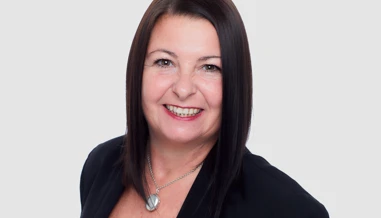To Fix or Not to Fix - the eternal mortgage question

With the UK economic landscape in a constant state of flux at present and the threat of ever higher interest rates hanging over the economy, this is the question of the moment. If you are currently buying a house, you need to consider whether to opt for a fixed rate mortgage or if you have an existing loan, should you remortgage and fix the rate to protect yourself against future rises? Nigel Pascoe, Director of Lending at Skipton International feels that, "Ultimately it will be a personal decision based not only on the competitiveness of the fixed rate on offer, but also the peace of mind having a guaranteed rate brings"
If you feel uncertain about the general direction of interest rates, you are in good company. Even the City of London, which makes a living out of forecasting movements in share and interest rates, accepts that forecasting interest rate rises is one of the most difficult things to do. Most agree UK Base Rate must rise from its historic low, the question, though, is when and what impact will this have on mortgage rates?
Many people try to fix their mortgage rates when they feel uncertain or don't know enough about the future cost of their mortgage. Thus when rates are already rising or the press is talking up further rises, the demand for fixed rate loans increases. Ironically, by then it can be one of the worst times to fix a mortgage loan rate, as the products offered by banks and building societies will reflect the expectation of more upward rates movements over the short term. Happily, rates have not yet started to rise.
With UK Base Rates at 0.5% and fixed rate costs at 3.99% over two years and tracker rates at 3.39%, the cost of either a variable rate tracker loan or a fixed loan is finely balanced at present. Even 5 year fixed mortgages can be secured for as little as 5.19%, providing further stability for the medium term. So if like many commentators you think the next move in rates will be up, fixing your mortgage costs now could be a wise move.
Opting for a fixed rate loan brings a certainty to your budgeting. With house prices stable at present and mortgages representing a significant part if not most of your take home pay, any rate rise is likely to have a marked effect on disposable income. Switching to a fixed rate allows you to take stock and budget much more effectively, providing a certain level of protection even if rates do rise.
Nigel Pascoe ends, "Here at Skipton International, we pride ourselves on the fact that with our commitment to personal service, we take the time to ensure each buyer understands the loan they have and that it is the right loan for them."




